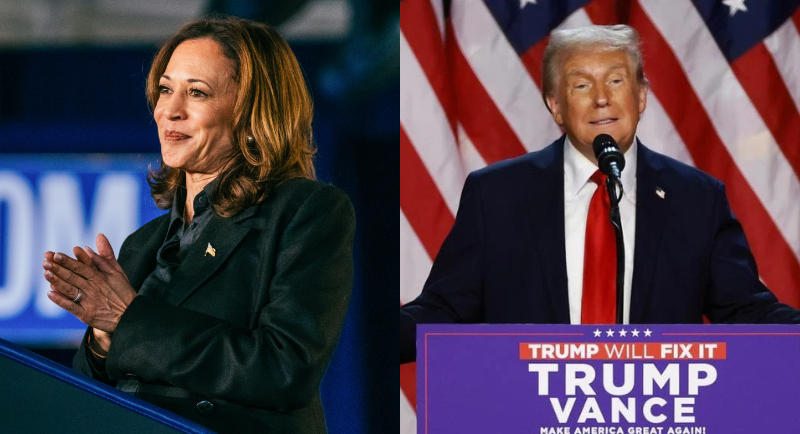With the US election over, the world is watching closely to see how America’s new leadership priorities will affect global alliances, policy trends, and media relationships. The effects are particularly relevant to Australia, where political strategies, media, and cultural narratives often draw inspiration from US campaigns and leadership approaches. Understanding these ripple effects is essential for Australian marketers, as shifting political sentiments and media consumption patterns can shape audience behaviour and influence marketing strategies in the year ahead.
It’s no secret that the political atmosphere in the US influences our own discourse here in Australia. As the US grapples with economic reform, environmental challenges, and an evolving stance on tech regulations, similar themes will likely emerge in the Australian political landscape. Suppose the new US administration doubles down on climate action or tech regulation. In that case, Australian politicians may face increased pressure to address these issues meaningfully, especially with an election around the corner.
For marketers, this creates both opportunities and challenges. Messages aligning with rising consumer concerns, such as sustainability, data privacy, or fair economic policy, will resonate strongly. Brands with clear commitments to ESG (environmental, social, and governance) principles may benefit from increased consumer trust and loyalty. By taking cues from US brand and agency strategies, Australian marketers can anticipate shifts and proactively adapt campaigns that reflect evolving priorities.

Kamala Harris
The media and messaging focus
One of the most significant issues of the US election for Australian marketers is the shift in media focus and narrative. US elections often bring new digital innovations in targeting, outreach, and media spending, techniques Australian political campaigns and advertisers can observe and learn from. From data-driven voter targeting to AI-enhanced content, the US election cycle introduced forward-thinking approaches that redefine audience engagement. For Australian marketers, this is an opportunity to refine their own multi-channel strategies, using real-time data and personalisation to create more impactful campaigns.
Additionally, as the US political climate influences global social media and digital conversations, Australian brands must remain responsive to how these shifts affect their audiences’ attention spans, sentiments, and trust. For instance, if misinformation narratives dominate US media channels, Australian marketers may need to double down on transparency and credibility in their messaging to differentiate their brands in an environment wary of spin and sensationalism.
So, where are the opportunities for marketers?
Australian brands and agencies have an opportunity to position themselves as leaders in ethical and responsible advertising. With data privacy and misinformation at the forefront of the US election discussions, Australian marketers can draw inspiration to introduce more transparent data practices, clear consumer consent protocols, and honest communication that fosters trust.
Moreover, the cultural exportation of the US election, a trend in global coverage, memes, and online debates, creates a fertile ground for brands to build campaigns that tap into a wider, global narrative. Suppose Australian audiences are consuming content that connects US and Australian political themes. In that case, brands can respond by creating thoughtful campaigns that address these shared issues, whether it’s through branded content, influencer partnerships, or social media conversations.

Donald Trump
Preparing for Australia’s election year
The US election serves as a reminder of how rapidly political environments can shift and how those shifts influence consumer attitudes. With the Australian election on the horizon, marketers have a chance to engage with audiences on issues that matter to them in an informed, respectful, and responsive way. By watching how American brands navigate a politically charged environment, Australian marketers can apply lessons learned, aligning their campaigns with values that resonate with increasingly perceptive and value-driven consumers.
Ultimately, the US election is more than just a political event; it’s a glimpse into potential futures for connecting with audiences, the strategies we adopt, and the values we champion. Australian marketers who understand and adapt to these changes will be well-positioned to create campaigns that connect to audiences deeply, inspire loyalty, and stand out in a cut-throat landscape.
